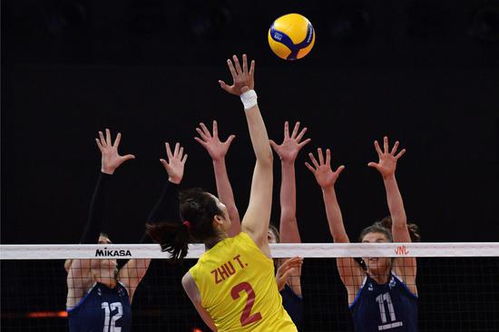Sports serve as a significant aspect of cultural identity for nations around the world. Whether it's football, basketball, or martial arts, each country boasts its own unique sporting culture shaped by history, tradition, and societal values. In this comparative analysis, we delve into the sports cultures of South Korea and Sweden, examining their differences and similarities across various sporting disciplines.

Football stands out as a beloved sport in both South Korea and Sweden. In South Korea, football enjoys immense popularity, with the K League being the premier football league. The national team's success in the FIFA World Cup, particularly the historic run to the semifinals in 2002, further fueled the nation's enthusiasm for the sport. Similarly, Sweden boasts a rich football tradition, with the Allsvenskan league showcasing top domestic talent. The Swedish national team has also made notable achievements on the international stage, adding to the country's football legacy.
While both countries embrace winter sports, the nature of these activities differs significantly due to geographical factors. South Korea's mountainous terrain provides ample opportunities for skiing, snowboarding, and ice climbing, particularly in regions like Pyeongchang, host of the 2018 Winter Olympics. In contrast, Sweden's cold climate and vast wilderness make it a haven for traditional winter sports such as crosscountry skiing and ice hockey, with events like the Vasaloppet attracting participants from around the globe.
Martial arts hold a special place in South Korean culture, with taekwondo being the most renowned discipline globally. Originating in Korea, taekwondo emphasizes discipline, selfdefense, and physical fitness. The sport's inclusion in the Olympics has further elevated its status on the world stage. In contrast, Sweden has a diverse martial arts scene, with disciplines like judo, karate, and Brazilian jiujitsu gaining popularity. While not as deeply ingrained in Swedish culture as taekwondo is in South Korea, these martial arts serve as avenues for personal development and competitive prowess.
In conclusion, while South Korea and Sweden may differ in their sporting landscapes and traditions, both nations share a common love for sports as a means of cultural expression and national pride. By embracing their differences and celebrating their similarities, these two countries can further enrich their sporting cultures and strengthen diplomatic ties on the global stage.
